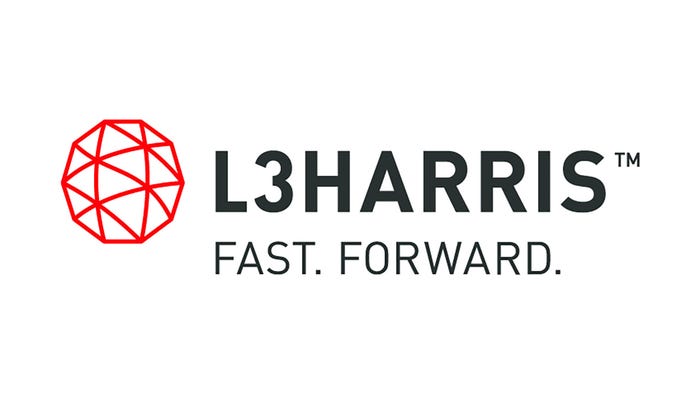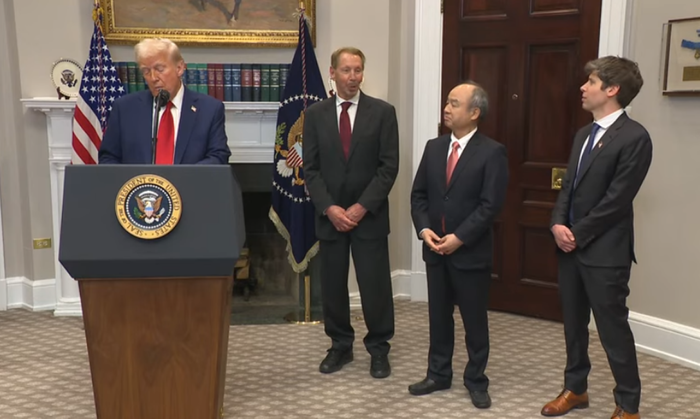Selflessness personifiedSelflessness personified
All of us like to think we are selfless, as there is nobility in putting the interests of others ahead of one’s own. In large measure, selflessness is what makes us human.
November 20, 2008
All of us like to think we are selfless, as there is nobility in putting the interests of others ahead of one’s own. In large measure, selflessness is what makes us human.
When an act of selflessness is borne of higher purpose, it becomes conspicuous. Take Pat Tillman for instance. Tillman was a defensive back of some renown with the Arizona Cardinals, being paid millions of dollars to play a game he loved. His was a lifestyle that millions of men dream about—and he tossed it away to join the Army Rangers. When queried about his decision, he spoke of patriotism and duty, and said he was deeply moved by the events of Sept. 11, 2001. He didn’t seem to be bothered at all by the inherent danger of enlisting in the military at a time of war—danger that was all too real, as Tillman unfortunately was killed in combat.
Tillman’s sacrifice was extraordinary. However, there are others who have performed selfless acts that involved abandoning a comfortable lifestyle in order to do something more meaningful with their lives. I stumbled into one such person at the APCO Canada conference this week in Ottawa, Ontario. Her name is Lorrie Matthews, a supervisor with Calgary (Alberta) Public Safety Communications.
For 15 years, Matthews was the owner of a successful photo restoration business. Then, one day she woke up “wanting to do something more vital.” Her first instinct was to join the police force, but in the midst of training for that opportunity, Matthews broke her wrist playing soccer, which brought a premature end to that dream. Undeterred, she decided that working as a call-taker in a 911 center might fulfill her goal.
She told me of a call she took one night from a wireless phone. There was no sound coming from the other end, but she could tell that a connection existed. Because Canada’s 911 infrastructure is not as advanced as that found in the U.S., the best they could do was identify the cell tower that handled the call. That scant information made the task of locating the caller akin to finding the proverbial needle in a haystack.
Despite the fact she had yet to hear the caller’s voice, Matthews’ instincts told her not give up on the call. “Intuition is what serves me best on this job,” she said. Finally, the caller uttered “Chinaman’s Peak,” a mountain in the Canadian Rockies popular with climbers. Buoyed by this breakthrough, Matthews tried to extract more information, such as whether he had been ascending or descending the mountain, which would help locate the caller or identify his problem.
Then the line went dead.
Fortunately, the man was able to call back shortly after and, incredibly, was transferred to Matthews, one of several call-takers on duty that day. “That’s very rare,” she said. The man told Matthews that he had been descending and had suffered heat stroke. “He only said four or five words—but they were able to find him.”
The experience told Matthews she had made the right lifestyle choice. “This is why I pursued this job.”
Her boss, Curtis Brochu, manager of public-safety communications for the city of Calgary, is glad she did. “She’s a shining example of what we need in professional communications officers,” he said.
Next week in the U.S. we will be celebrating the Thanksgiving holiday. One of the things that I’m thankful for is that people like Lorrie Matthews exist.
E-mail me at [email protected].
A note to our readers: We will not publish Urgent Communications Today or Urgent Communications Tech Talk next week. We will resume our regular publishing schedule the week of Dec. 1. In the meantime, have a happy and safe Thanksgiving.



